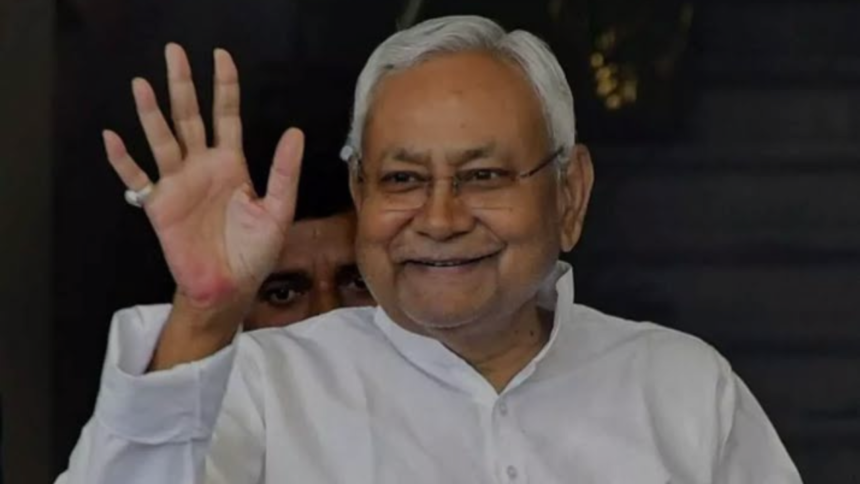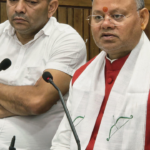In a significant political shift, Nitish Kumar’s Janata Dal (United) has decided to withdraw its support from the BJP-led government in Manipur, triggering a new wave of uncertainty in the state’s political landscape.
The JD(U), which had been an ally of the Bharatiya Janata Party (BJP) in the state, announced its decision to sever ties, citing growing differences over governance and policy matters. This move marks a major development as the BJP’s dominance in the region faces a serious challenge, with the JD(U) pulling its weight from the coalition government.
Nitish Kumar, the Chief Minister of Bihar and a prominent leader of JD(U), has expressed concerns about the BJP’s handling of the situation in Manipur, especially in light of the state’s ongoing socio-political issues. JD(U)’s withdrawal signals a clear message of discontent with the BJP’s leadership and could potentially lead to a shift in alliances.
Manipur has witnessed rising tensions and unrest in recent months, and JD(U)’s decision to exit the coalition could further escalate the political crisis. The BJP-led government, now deprived of one of its key allies, may face challenges in maintaining its majority in the state assembly.
Political analysts are closely watching the developments, as this withdrawal could have ripple effects on the broader political dynamics in the Northeast region. The JD(U) is now expected to seek a new direction, potentially forging fresh alliances or playing a more prominent opposition role in the coming months.
With the political future of Manipur hanging in the balance, all eyes will be on the next steps taken by the BJP, JD(U), and other regional parties to navigate this volatile situation. The impact of this political shift will likely unfold in the coming days, influencing not just Manipur’s politics but also the broader national landscape.
As tensions rise, the people of Manipur and political observers are keenly awaiting how this development shapes the state’s future governance and leadership.








